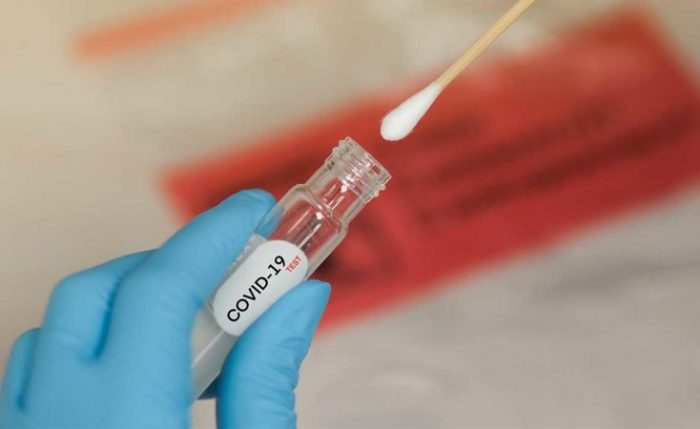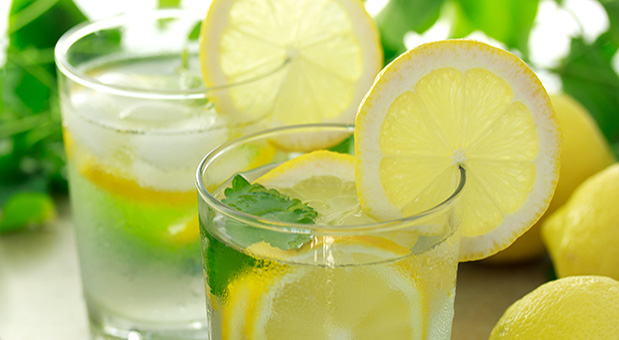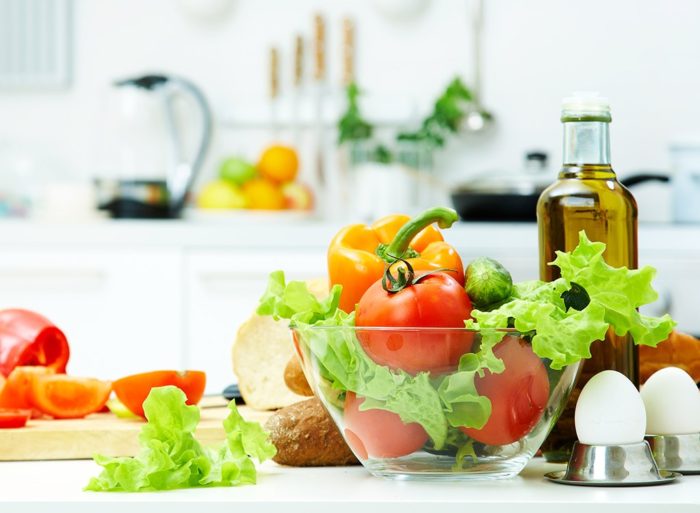A new study by a team of scientists at Oxford University’s Jenner Institute and Oxford Vaccine Group said it has taken the next step towards the discovery of a safe, effective and accessible vaccine against coronavirus.
Oxford and AstraZeneca are collaborating with clinical partners around the world as part of a global clinical programme to get a vaccine.
The global programme is made up of a Phase III trial in the U.S. enrolling 30,000 patients, a paediatric study, as well as Phase III trials in low-to-middle income countries including Brazil and South Africa which are already underway.
According to a statement published on Oxford University webiste on Monday, the results of the Phase I/II trial publishedm in the scientific journal, The Lancet, indicate no early safety concerns and induces strong immune responses in both parts of the immune system.
The vaccine provoked a T cell response within 14 days of vaccination (white blood cells that can attack cells infected with the SARS-CoV-2 virus), and an antibody response within 28 days (antibodies are able to neutralise the virus so that it cannot infect cells when initially contracted).
Study
During the study, participants who received the vaccine had detectable neutralising antibodies, which have been suggested by researchers as important for protection, and these responses were strongest after a booster dose, with 100 per cent of participants’ blood having neutralising activity against the coronavirus.
The next step in studying the vaccine is to confirm that it can effectively protect against SARS-CoV-2 infection.
A professor, Andrew Pollard said, “We saw the strongest immune response in the 10 participants who received two doses of the vaccine, indicating that this might be a good strategy for vaccination”.
A UK Phase I/II trial began in April testing the Oxford coronavirus vaccine ChAdOx1 nCoV-19. The team started working to develop a vaccine against the global threat in January 2020 and have been working with unprecedented urgency in a race against the coronavirus.
During the Phase I/II trial the vaccine has been evaluated in more than 1,000 healthy adult volunteers aged between 18 and 55 years in a randomised controlled trial.
A subset of these volunteers (10 people) received two doses of the vaccine. Between April 23, 2020 and May 21, 2020, 1077 volunteers, received the vaccine ChAdOx1 nCoV-19 or a placebo MenACWY vaccine. There were no serious adverse health events related to ChAdOx1 nCoV-19.
The University of Oxford is working with the UK-based global biopharmaceutical company AstraZeneca for the further development, large-scale manufacture and potential distribution of the vaccine, with plans for clinical development and production of the Oxford vaccine progressing globally.
The project has been further spurred by £84 million of Government funding to help accelerate the vaccine’s development.
Mene Pangalos, Executive Vice President of BioPharmaceuticals Research and Development at AstraZeneca said, “We are encouraged by the Phase I/II interim data showing AZD1222 was capable of generating a rapid antibody and T-cell response against SARS-CoV-2. While there is more work to be done, today’s data increases our confidence that the vaccine will work and allows us to continue our plans to manufacture the vaccine at scale for broad and equitable access around the world.”
Business Secretary Alok Sharma said: “Today’s results are extremely encouraging, taking us one step closer to finding a successful vaccine to protect millions in the UK and across the world. Backed by £84 million Government investment for the vaccine’s development and manufacture, the agility and speed with which the University of Oxford have been working is outstanding. I am very proud of what they have achieved so far.”
Kate Bingham, Chair of the UK’s Vaccine Taskforce said: “The UK is fortunate to have such outstanding academic innovators working alongside the highly experienced global team at AstraZeneca. This partnership is working at exceptional speed to demonstrate the safety and clinical effectiveness of the chadox vaccine in protecting people against COVID-19 infection.”





